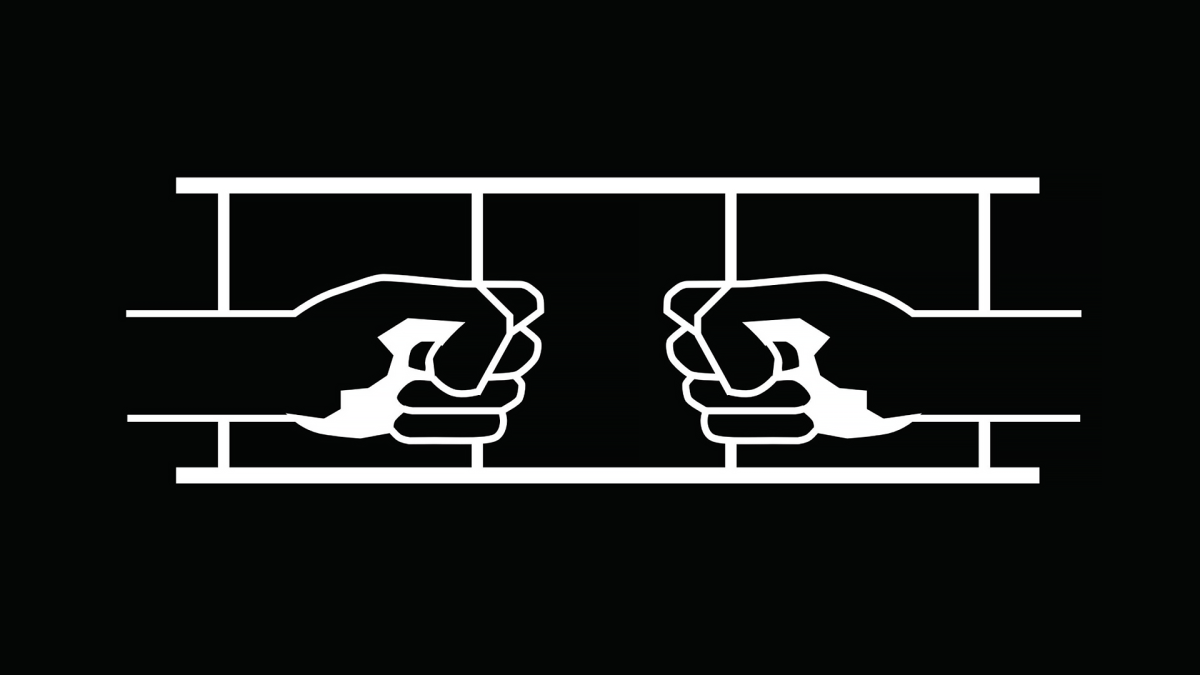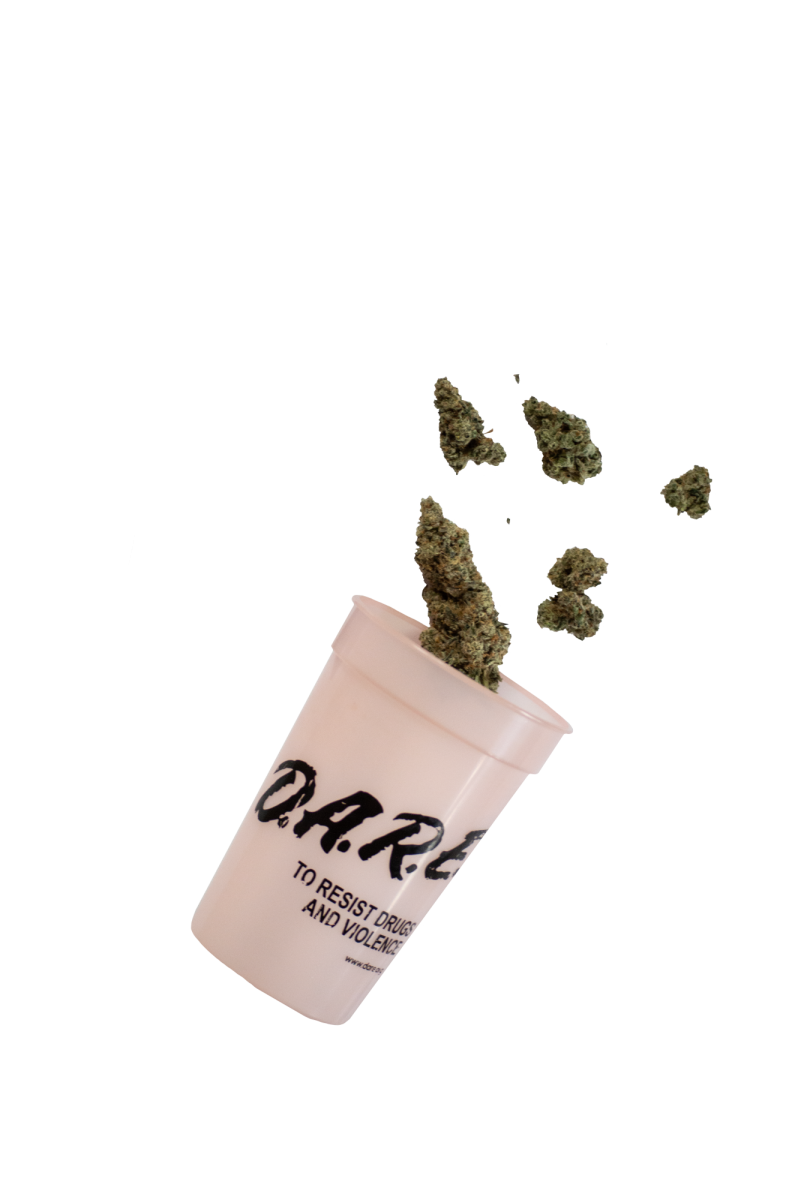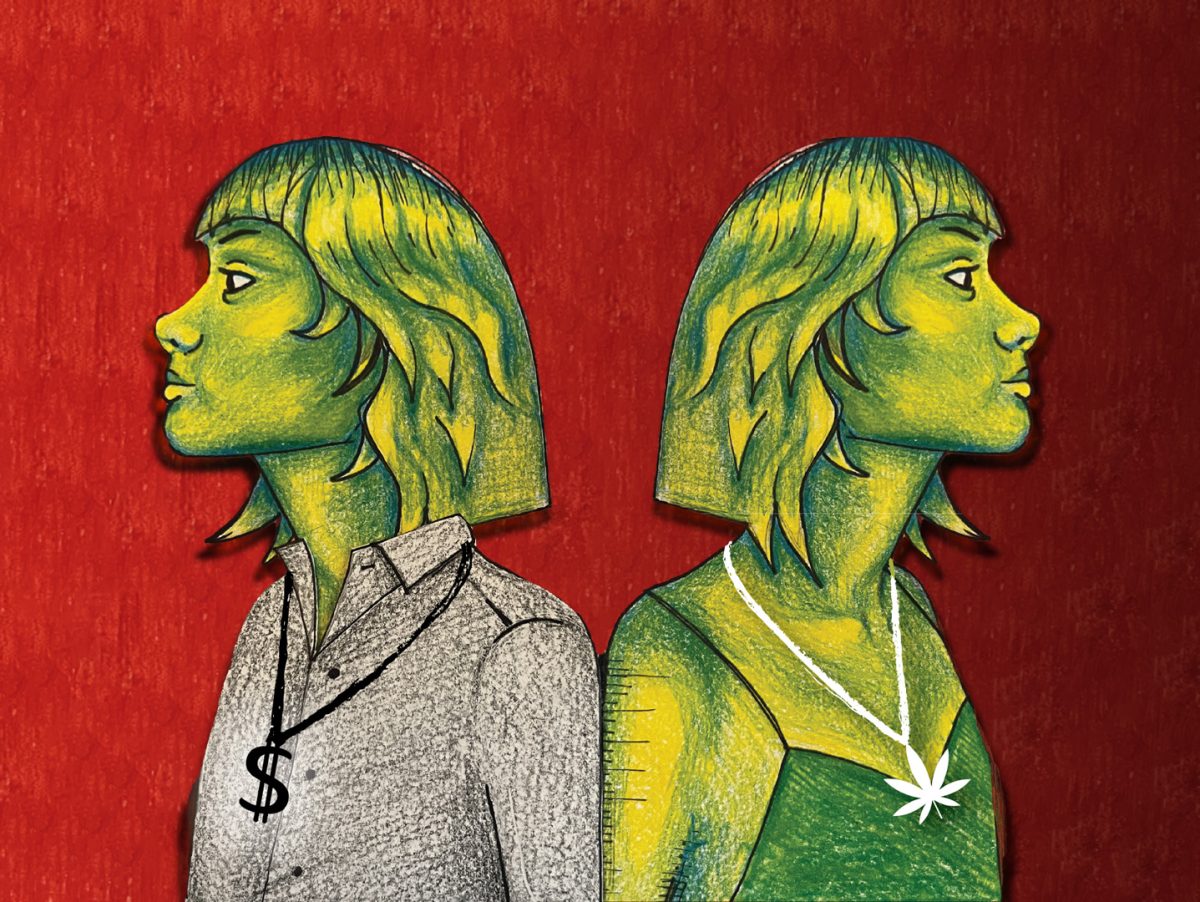The United States has the highest incarceration rate on the planet. As of 2021, the U.S. incarceration rate stands at 664 per 100,000 people. The state of Oregon holds 555 people per 100,000. When counted individually, every state in the U.S. has a higher incarceration rate than any other country in the world.
Included in this mix are those who have been incarcerated for drug related charges, namely cannabis.
Since the legalization of cannabis in Oregon, people have not been incarcerated for cannabis-related charges as much as they used to be.
In Lane County, people tend to be cited for city code violations and misdemeanors rather than being convicted unless their offenses are paired with more serious charges. Nevertheless, there are those in Oregon who are still affected by cannabis-related charges.
According to police reports, 74% of marijuana related offenses from 2021 to 2023 were from minors in possession and the marijuana use in a public space. Among all the charges in that time frame there were those concerning delivering marijuana, delivering marijuana to a minor, possessing marijuana in public view, unlawful manufacture of marijuana items and possessing marijuana while under the age of 21.
– 555 of every 100,000 Oregonians are incarcerated –
Not all of the offenses from this time frame were chargeable offenses that could lead a person to get jail time. Nonetheless they still hold the potential to cocoon a person into the system, especially if they are minors.
While convictions for marijauna-related charges are becoming less common, when they are enforced, alleged criminal involvement has profound, demoralizing and pernicious effects. For those who are coming out of the prison system or have been charged with marijuana related charges the world might seem like a sticky web of withholding.
Having drug-related charges on record, whether that be marijuana or something else, can cause employers to turn down a resume, friendships to dissolve, and undue stress to materialize from trying to stay financially and mentally afloat after release from jail or prison.
Stephanie Wiley, a sociology professor at the University of Oregon, is an expert in the field of criminology. She studies and teaches about the effects of the criminal justice system on the youth. Wiley believes her work is important because of the general unawareness in our society of how the harms in the school and justice system play out for those affected by them.
“Overwhelmingly, there is a negative impact,” Wiley said, when asked about the issues recently incarcerated people face. “They might be unable to get certain jobs, housing or student loans.”
– 74% of marijuana related offenses were from minors –
In addition to the systemic issues, a recently incarcerated person might face interpersonal stigmas where people who have different backgrounds might not want to associate with them. According to Wiley, this might be because of the way incarceration is framed within our society. People tend to focus on the negative aspects entirely rather than the positive impact a person may have in their community.
“With any substance use it is important to consider the roots of this,” Wiley said. “Oftentimes when folks are incarcerated they are not getting treatment so when they get released they are faced with the same issues and they don’t have the ability to avoid the substance so they reenter the system again.”
Presently, the amount of people in the U.S. receiving cannabis-related charges is designated to a small portion of the country. In Oregon marijuana is legal. For places like Idaho, Wyoming and Kansas you can still be fined or charged with a felony for possession.
“Traditionally, there were a large number of folks who were serving sentences either because they might be paired with other types of offenses or sentenced under mandatory sentencing policies,” Wiley said. “The folks who used or possessed or sold marijuana made up a pretty sizable portion of those incarcerated and that’s still true in a lot of places.”
Even though the odds seem to be stacked against people who have been incarcerated for marijuana possession, they can still surpass them triumphantly. Whether this attitude of determination comes from a desire to be valued and appreciated or from habits developed while incarcerated the effect has potential to inspire.







